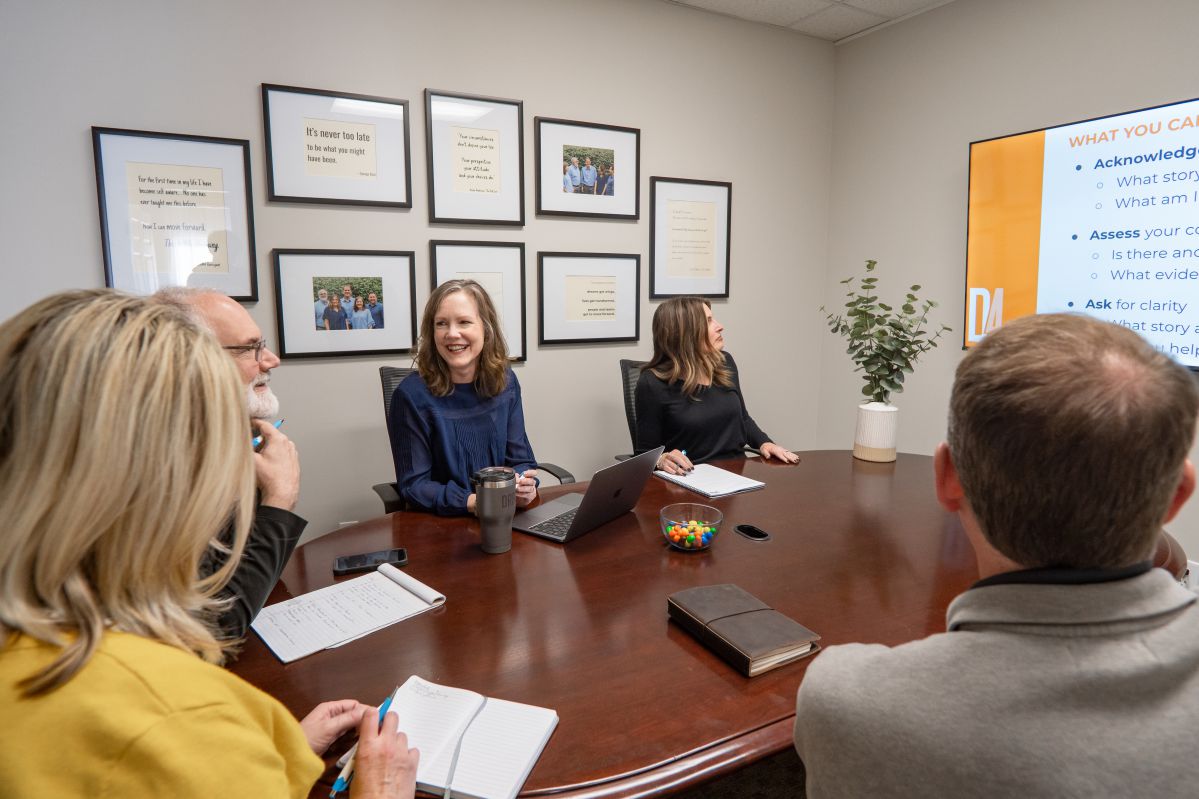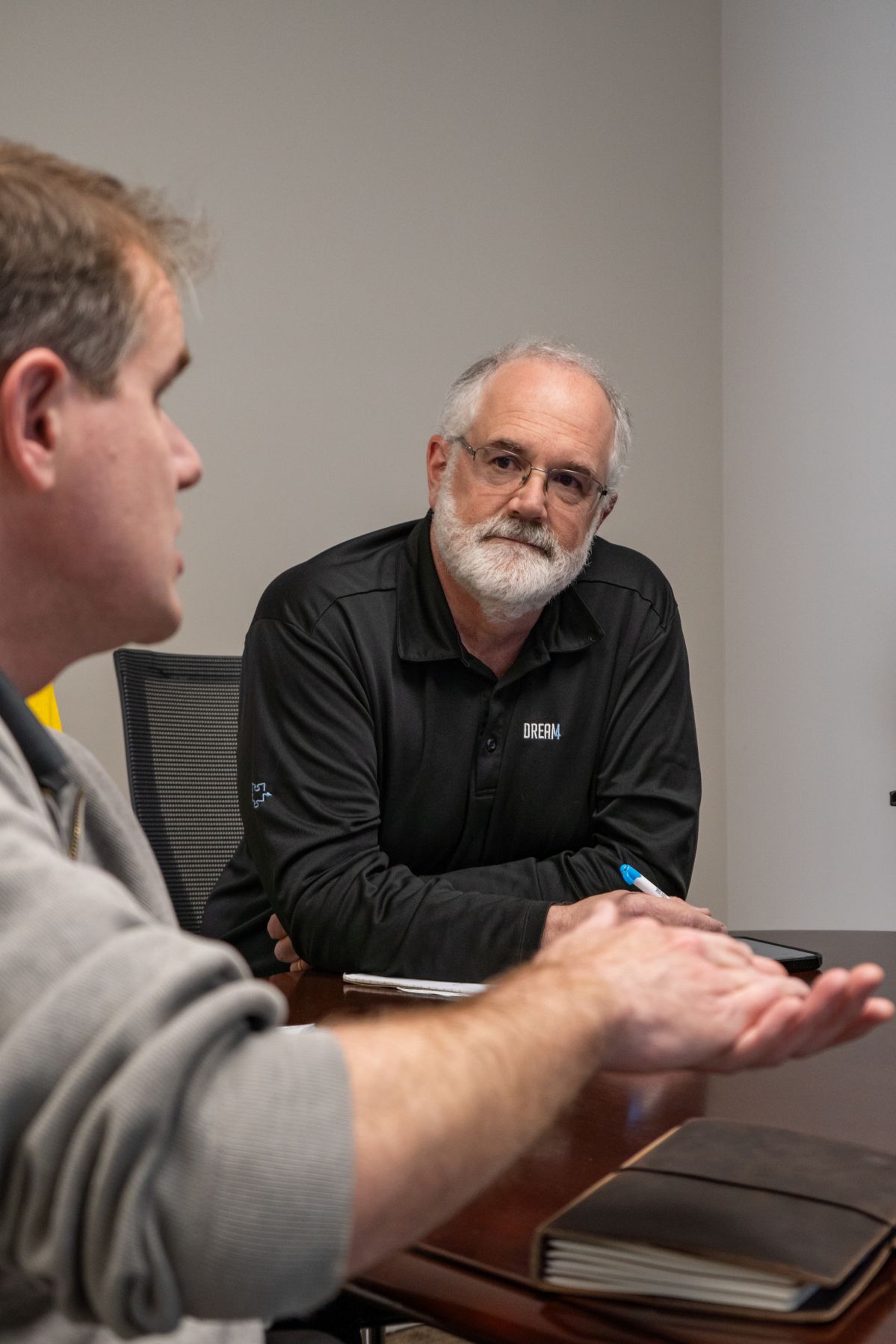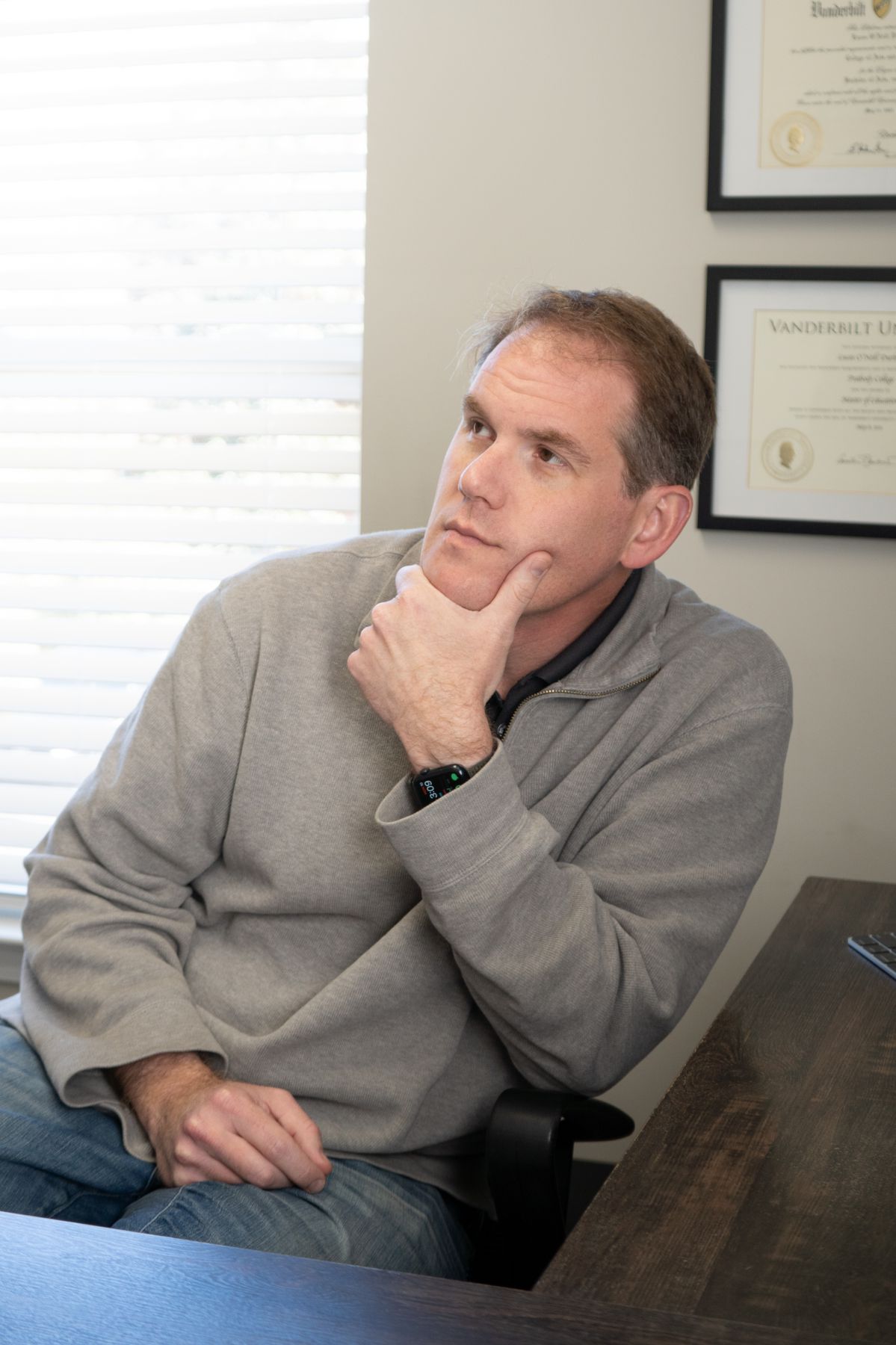ENCOURAGING YOUR TEAM & COLLEAGUES
“I’ve learned that people will forget what you said, people will forget what you did, but people will never forget how you made them feel.” – Maya Angelou
The COVID-19 pandemic is far more than a public-health crisis. It has also created an economic and mental health crisis. Studies have found that 53% of adults in the United States believe worry and stress related to the pandemic have negatively impacted their physical and mental health. This is a significant challenge for leaders.
Leadership is fundamentally about setting a vision and persist over the long run as we lead ourselves and others to take on big challenges and work toward the finish line. It seems like making health a priority would be very obvious, right? It’s pretty clear that taking care of ourselves affects our energy levels and stamina in the long run.
However, in our experience, this is the one aspect of personal excellence that leaders are most likely to struggle with—and this is true across industries, geographies, and specific roles. As the work piles up, self-care often takes a back seat to other more “pressing” priorities, which seldom lead to good outcomes in the long run.
Leaders who fail to prioritize their health either become unbearable to work with because they are dehydrated, tired, or stressed or start to get sick. After seeing this pattern of behavior and outcomes many times, it has become clear to us that managing our health is a crucial component of being an effective human being and a successful leader.
Why do so many leaders prioritize their work so far ahead of self-care? It probably comes from a good place—a desire to put forth our best effort and to do as much good as possible. We all can be very effective in the short run by working this way. We have all had moments when we have even sacrificed sleep to meet big deadlines. The problem arises when we consistently put “achievement” ahead of our health and wellness, which simply is never sustainable in the long run.
In order to encourage ourselves and those we lead to reverse this trend, here are some thoughts and actions to consider:
- Do it first – Thirty minutes less sleep can be exponentially more valuable if applied to some stretching and light exercise. Research shows that our willpower decreases over the course of the day, so if there is some aspect of self-care that you don’t love doing, make yourself do it first thing in the morning before your willpower gets depleted by other tasks.
- Make a meal plan – Busy leaders tend to neglect this step, and it is important. Take some time to create a weekly menu of what you will eat for each meal and then only buy foods off of that menu. Developing a routine around what we eat will make it much easier to eat healthy foods when we get hungry. We must create the habit of feeding ourselves good things – and we will if they are available!
- Start small – Sometimes, we think that we have to “start big” in order to be healthy. Often that is the first step of sabotage and very unrealistic for most people. For example, if you want to get into running, but the idea of running a mile day feels overwhelming and unappealing, try just walking for 15 minutes a day. You can do this during your lunch break, after work with your dog, or with a friend.
- Create a “safe space” to talk – At the heart of psychological safety is the feeling that we can openly and respectfully share what we think or feel without fear of negative consequences. One key aspect of psychological safety is the connection people have with their co-workers. Fostering strong social connections within a team helps build emotional safety.
- Understand the resources your company offers – Understanding your organization’s EAP (Employee Assistance Program) is not “an HR thing.” It is very much a leadership concern. As a leader, it’s on you to understand the EAP and other resources, such as DREAM4 Benefits, available for those under your leadership and care.
- Connect with empathy – We have all been riding this pandemic together. However, we’ve all weathered it differently as well. Some have thrived in the midst of this crisis, but others, for a variety of reasons, have not. It is why connecting from a place of genuine empathy and compassion is more important than ever. Make it a priority to connect with people through one-on-one and face-to-face conversations.
- Humanize yourself by sharing your own struggles – This is not to suggest that anyone in a supervisory role should share everything they are dealing with – certainly not. You must be clear about your intention for sharing and how it will be helpful to whoever you are speaking with. But if you’ve had a particularly difficult day or a tough week, it’s okay to let others know you’re not “emotionally bulletproof.” People need to see that; to know that they are not alone. We connect far more deeply through our own vulnerability and struggles than by our victories and success. And…as we say; real progress starts by telling ourselves the truth!
- Know the signs - Mental illness is a silent epidemic. Yet because we can’t see it, we can easily miss it. While only licensed professionals can accurately diagnose mental health risk, anyone can be on the lookout for indicators that the people they work and live with are not necessarily coping well. Some of these are as follows:
- Increased absenteeism or noticeable productivity losses
- Feeling sad or withdrawn for extended periods (2 + weeks)
- Difficulty concentrating
- Sudden or unpredictable shifts in attitude or mood
- Excessive use of alcohol or drugs
If you observe these signs, don’t let your fear of an awkward conversation stop you from saying something. It is extremely unlikely that you will ever make a situation worse by expressing authentic concern. Simply say, “help me understand.” Engage in a conversation about the behavior you see without suggesting causation or inferring fault. You might also share a personal experience to support and help remove some of the social shame many people feel when they are not coping as well as they think they are supposed to.
Likewise, if you just have an intuitive sense that something is wrong, don’t ignore it. If something doesn’t feel quite right – it probably isn’t. A genuinely caring inquiry can open the door to connect with people on a very heartfelt level, enabling you to get them the help they may not even have known about or actively sought out on their own accord.
- Role model self-care – Finally, we must learn to lead by example by prioritizing our own mental wellbeing. Our ability to lead others is always determined by our ability to lead ourselves. Be open about your regular “self-care rituals.” Share your daily practices for taking care of your own wellbeing – mental, physical, emotional, and spiritual – and how that supports your overall health and wellbeing as the daily leadership pressures rise. Taking your own “mental health day” sends a powerful message to your team and organization.
For more on DREAM4 and their impact on organizational wellbeing and leadership development, please schedule a call today.




